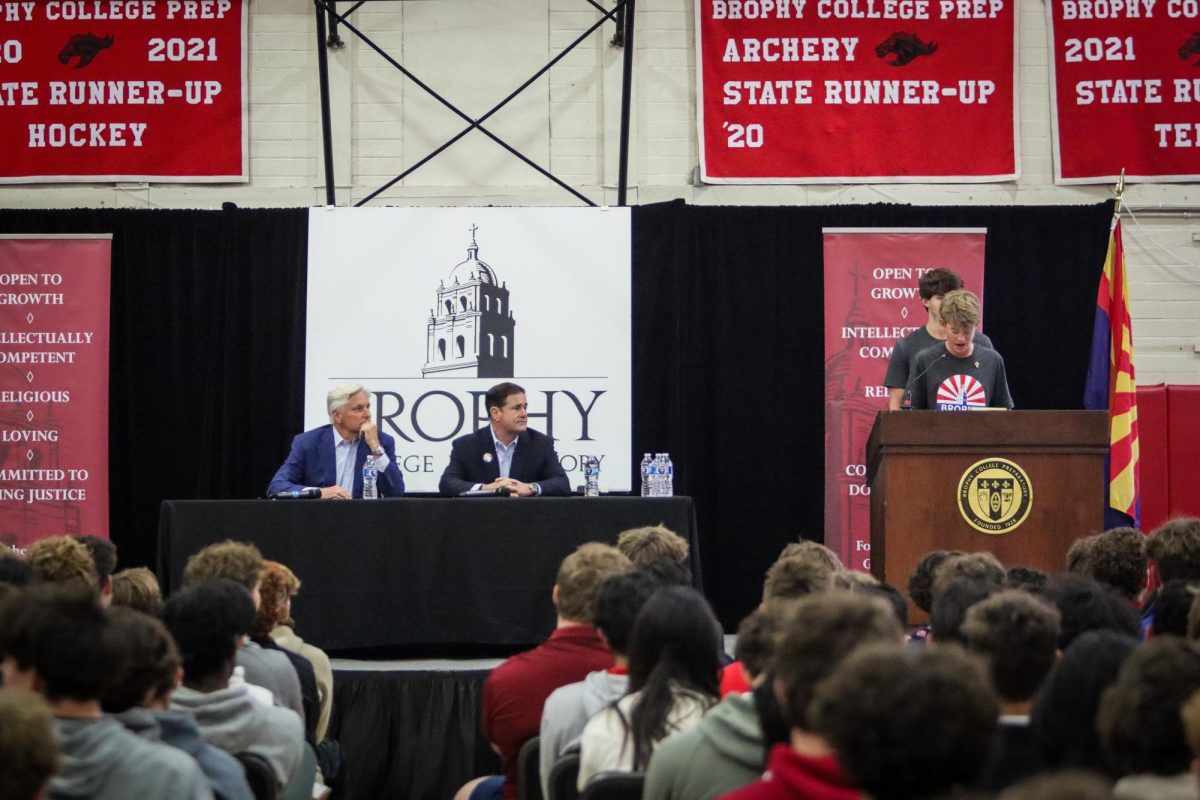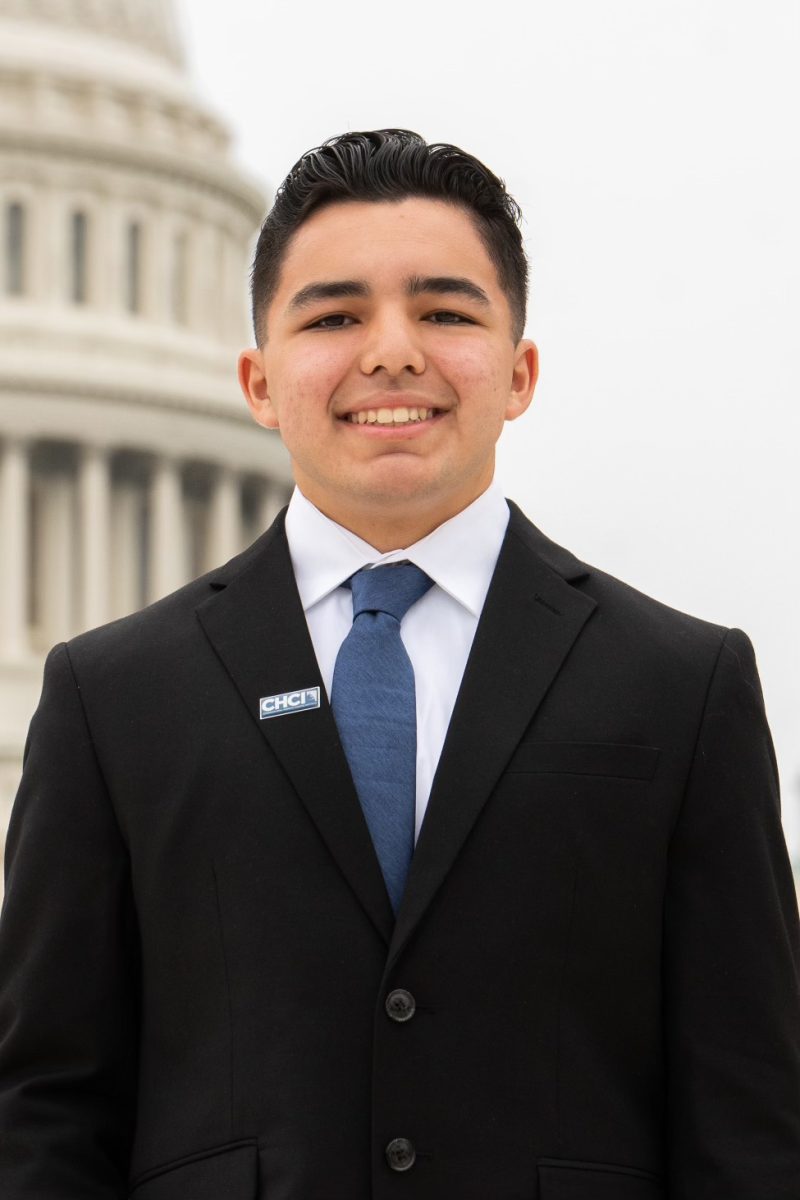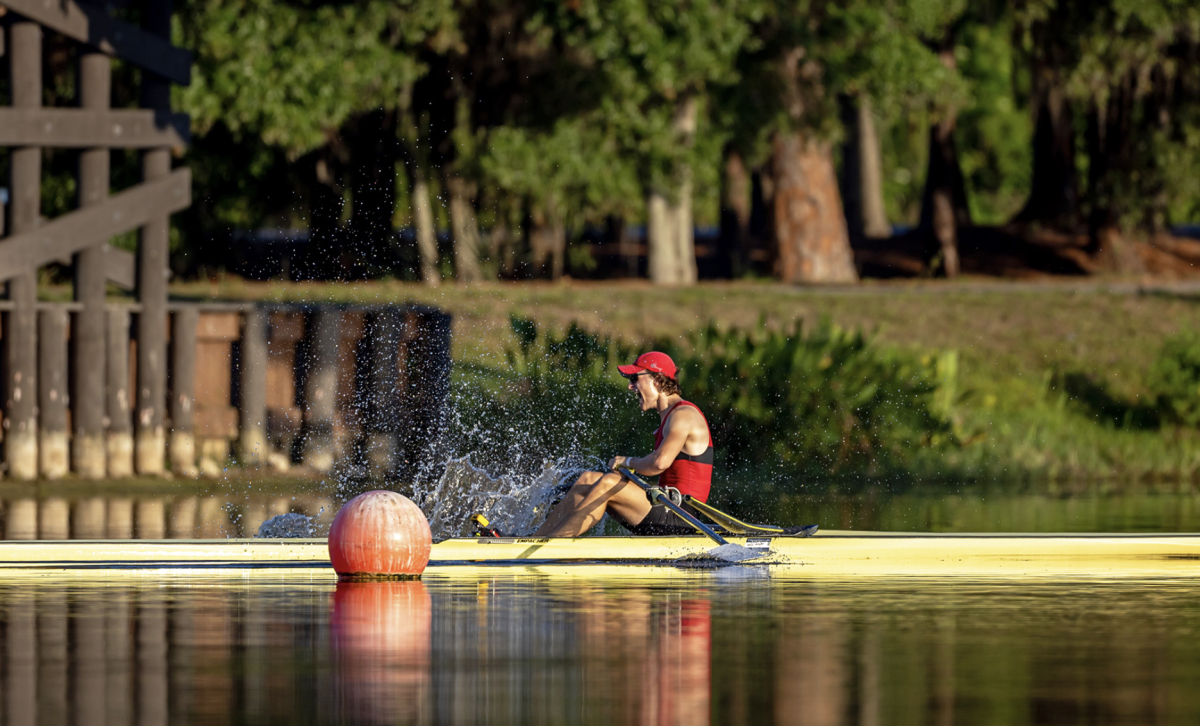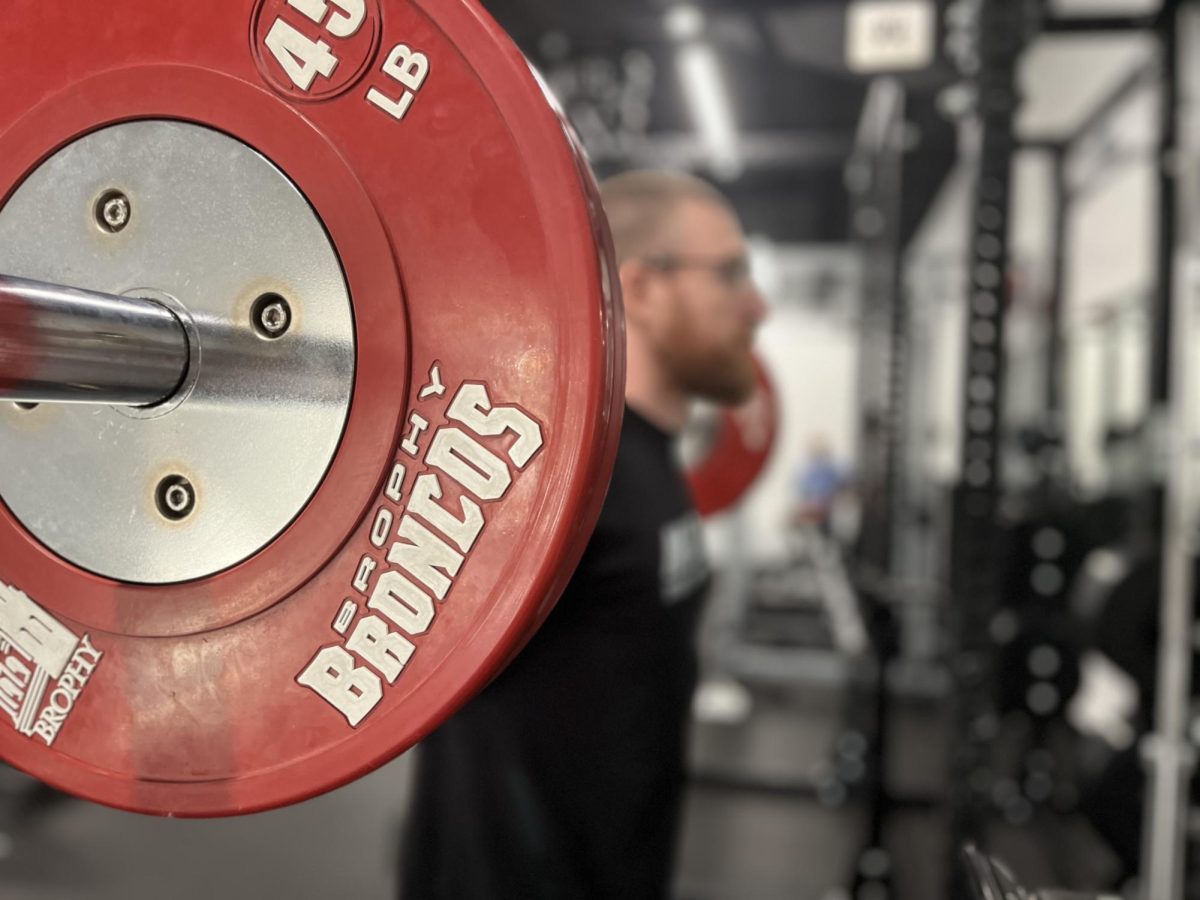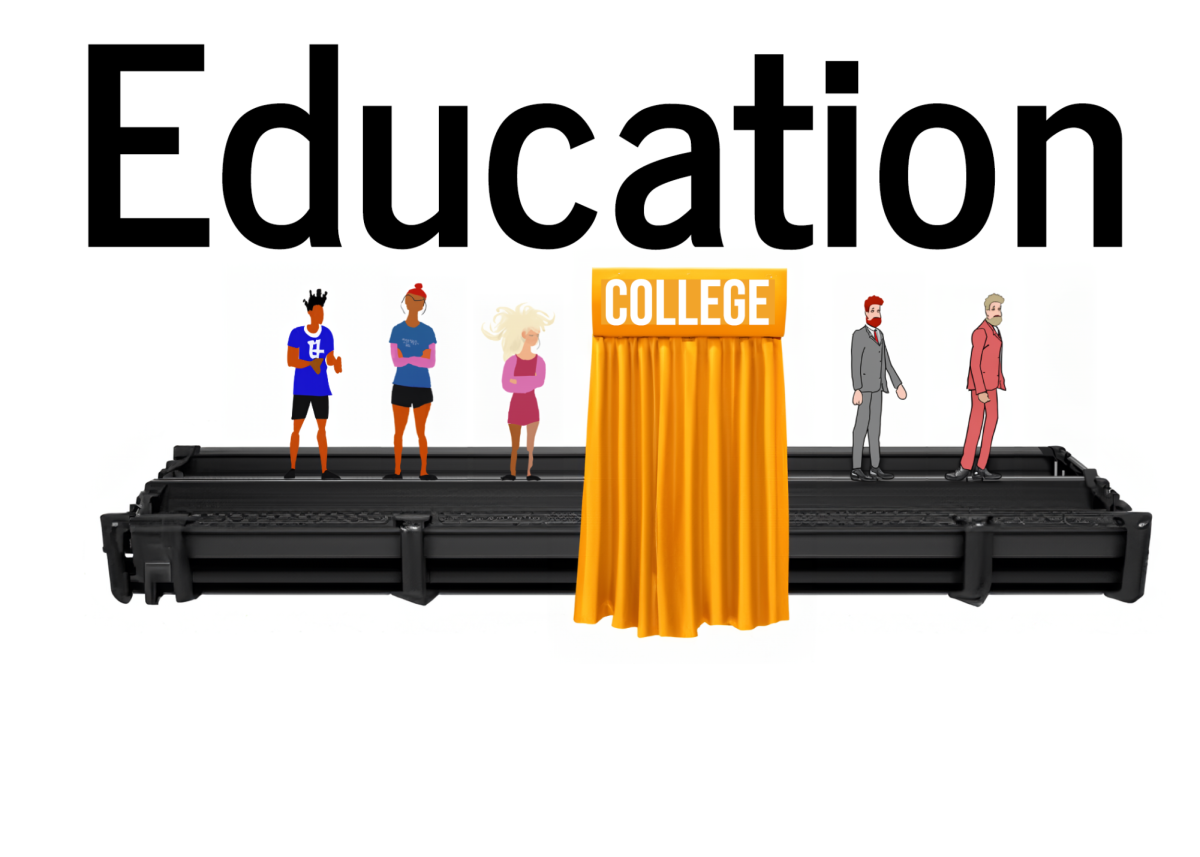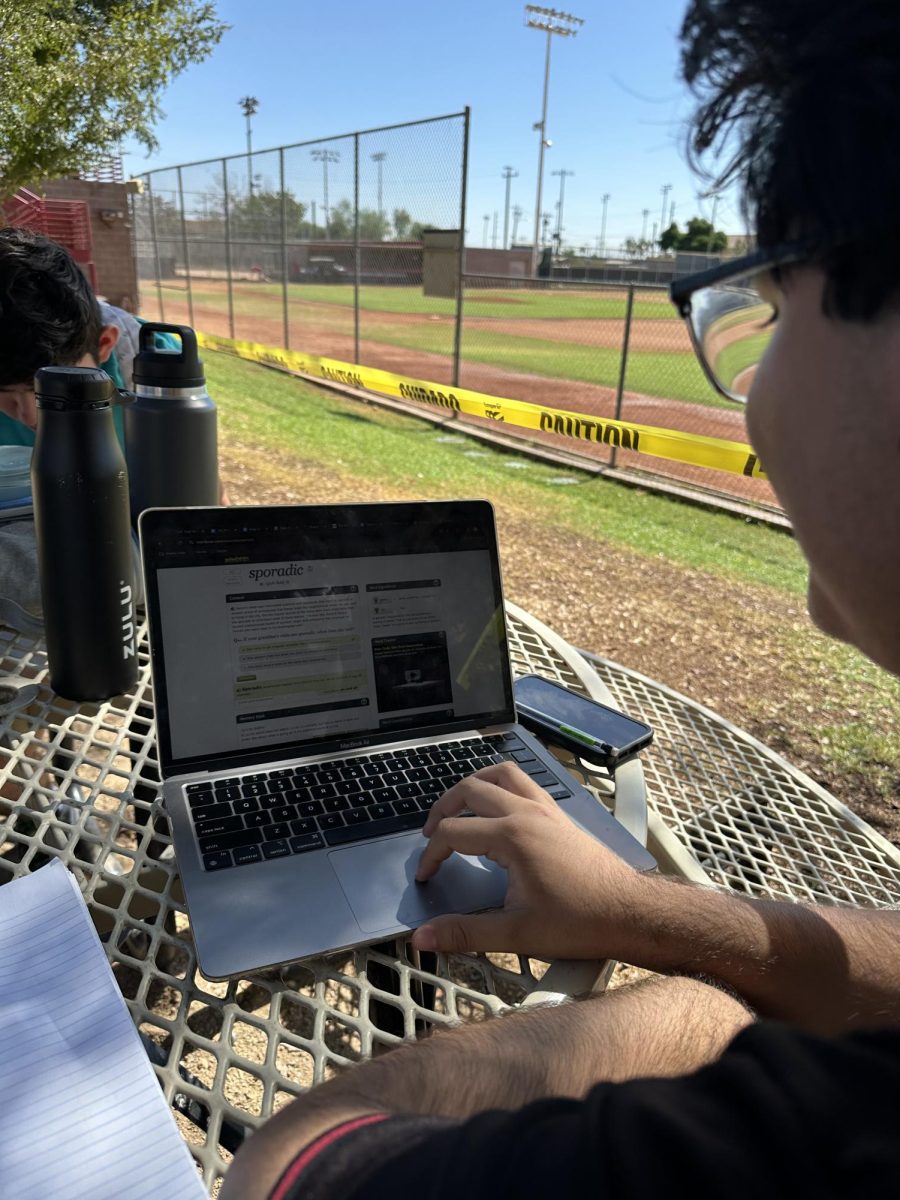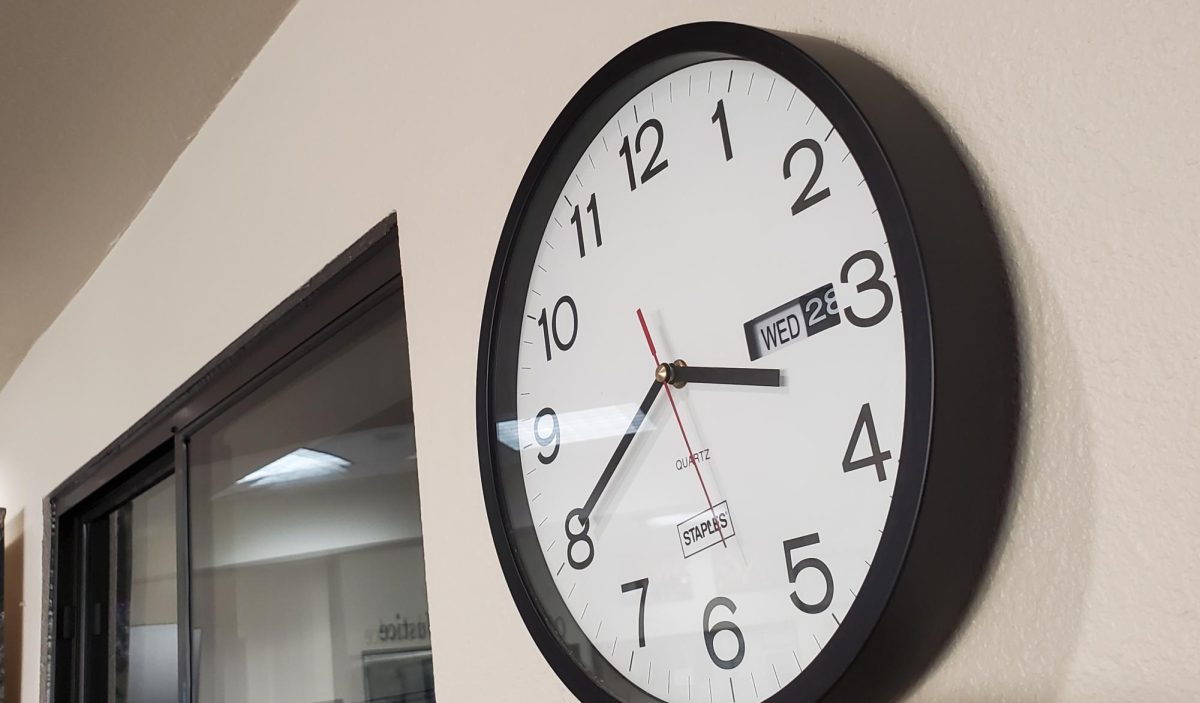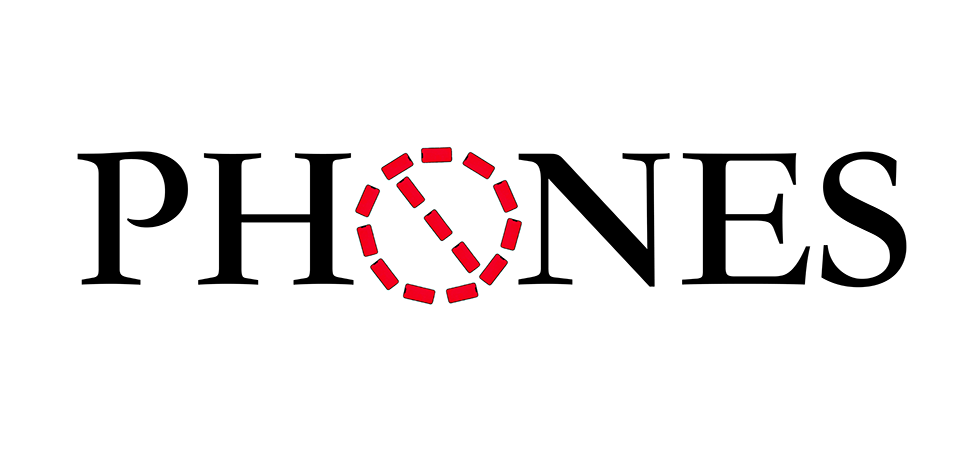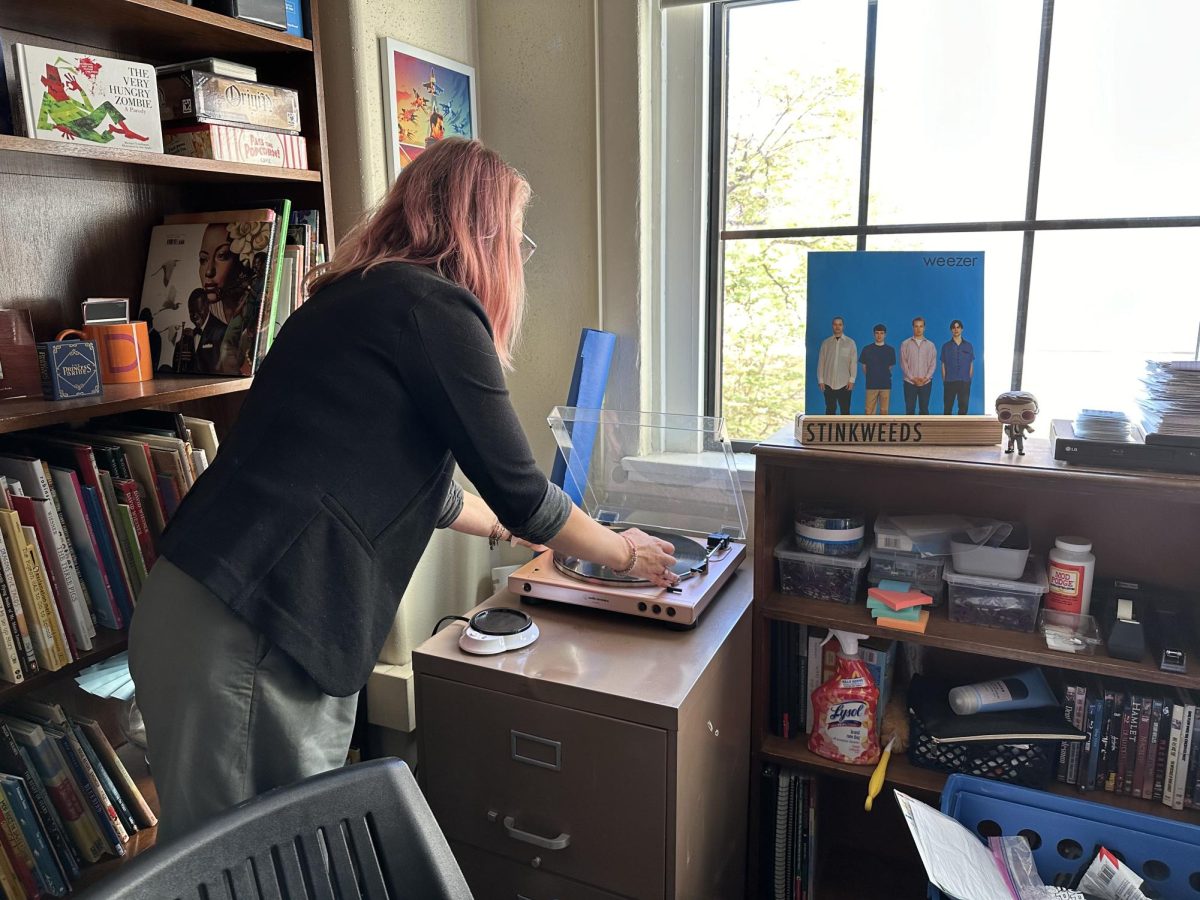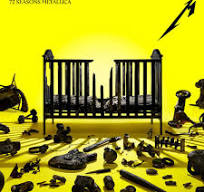By Xander Welty ’21 and Nathan Wise ’21
THE ROUNDUP
While facing COVID-19, athletes are faced with a choice: to be honest about symptoms and exposures even though it puts the team at risk of quarantine, or to lie.
Each outbreak at Brophy, regardless of whether it occurs on an athletic team or not, is assessed on a case by case basis.
For the most part, explains Head Athletic Trainer Ms. Dannelle Wade, an athlete who tests positive and then exhibits no symptoms for ten days will be allowed to return back to classes at Brophy.
Once that athlete returns to campus, the process of returning to athletic activity begins.
“From an athletic standpoint, after they return back to campus, we have to follow the AIA guidelines, which is coming from the SMAC, which is the Sports Medicine Advisory Committee,” said Ms. Wade.
The SMAC has created a form that must be completed by a medical professional for an athlete who tests positive for them to return to their sport.
If the athlete has no heart conditions and did not have a fever that lasted for more than three days, then they must receive approval from a doctor.
The athletic trainers at Brophy must wait four days for the form from the medical professional before they can begin clearing the athlete who tested positive.
Once the athlete has been cleared, the athlete will begin training under supervision of a Brophy athletic trainer. This process lasts seven days, with the training slowly intensifying until, on the seventh day, the athlete’s can train full capacity.
After the athlete has completed the seven days of training, they are cleared to return to their team.
Although this process ensures athletes are not rushed back to play and are healthy to compete again, it encourages athletes to hide their symptoms. Athletes who exhibit COVID-19 symptoms and, thus, test positive will miss out on at least three weeks of meetings, practices, and games.
These guidelines can lead to students being dishonest about who they have been exposed to and their symptoms.
Ms. Wade, who has worked with Brophy athletes returning to play, was blunt in her response when asked about athletes being honest about their symptoms, “No.”
She elaborated on this response and explained how Brophy’s protocols for athletes who test negative actually benefit the athletes.
“Technically, the true guidelines of the AIA is any COVID-like symptoms means you go into a 21-day phase. We as Brophy have determined that if you have COVID-like symptoms but you test negative, that we can then move you out of that. But the SMAC guidelines state even a negative test, you should go through that 21 days, and we’re not following that.”
Some students have been outspoken about protocols being extreme or unfair.
An athlete in the senior class who wished to stay anonymous stated, “I think the guidelines and protocols encourage students to lie about who they have been with, just stating what they did outside of school, whether it be after school or on the weekends, can rule out a ton of kids from school and sports.”
Most athletes have seen significant reductions to their playing seasons and their time on campus due to the strict guidelines that the school has in place.
“The team was insanely upset. We all love our school and our sport and it was hard having to leave those for many weeks” said the senior.
Some students on campus have also been frustrated by the specific guideline that says with a possible exposure comes an immediate 14-day quarantine from school, even with a negative test.
“I think the 14 day quarantine for a possible exposure is absolutely ridiculous. I think that people should be allowed to return to play with a negative test. Nobody should have to wait 14 days when they are symptom free and tested negative” said senior swimmer Davis Houck ’21.
The swim team recently had their season cut short due to an outbreak on the team, a season in which they missed out on winning the state championship for the first time in 32 years.
“The whole swim team was heart broken, we knew that the streak was over. We had to pull out of the meet three days before the championship. But we also knew in our hearts that we could’ve won at state,” Houck said.

